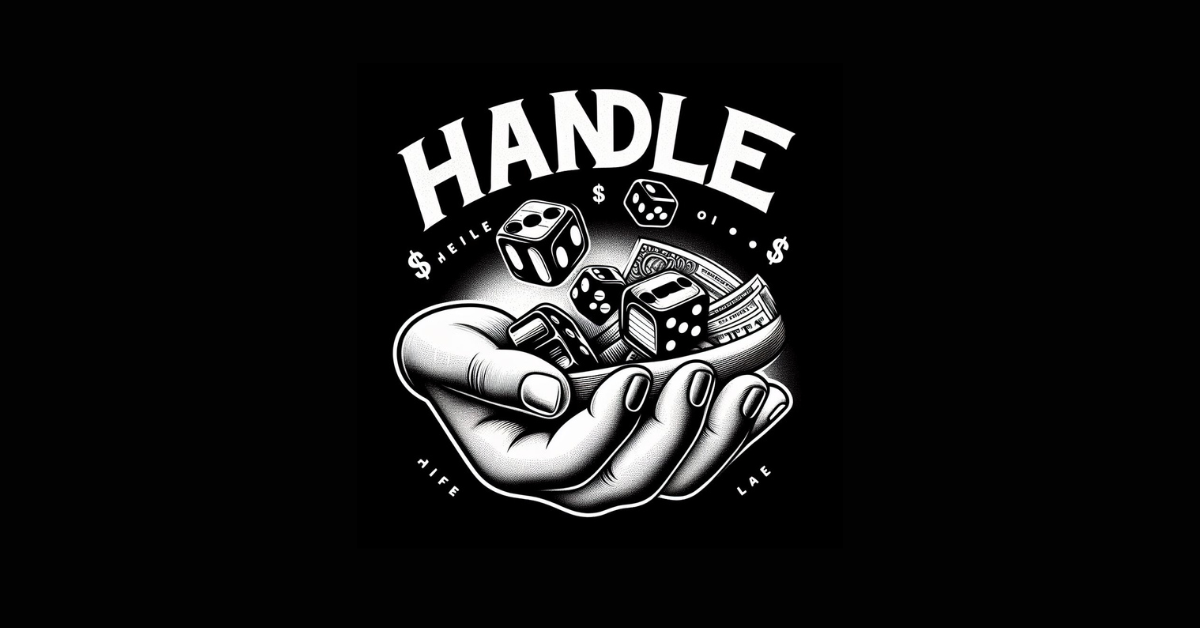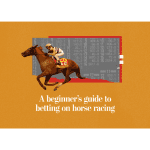Understanding the Term “Handle”
In the world of betting, the term “handle” refers to the total amount of money wagered on a particular event or series of events. This financial figure provides valuable insight into the popularity and significance of a specific betting market, serving as a key indicator of the level of engagement from bettors.
Essentially, the handle represents the total sum of all bets placed, showcasing the volume of action within a particular betting market. It serves as a fundamental metric for bookmakers and sportsbooks to assess the level of interest in various betting opportunities, helping them make informed decisions on setting betting odds and determining payout structures.
The Importance of the Handle in Betting
The handle in betting refers to the total amount of money wagered on a particular event or game. It plays a crucial role in determining the overall success and profitability of a betting operation. The handle is a key indicator of the popularity and interest in a specific betting market, providing valuable insights into the preferences and behaviors of bettors.
Understanding the handle allows bookmakers and analysts to assess the level of activity and engagement within a betting market. By monitoring the handle, stakeholders can make informed decisions regarding odds adjustments, marketing strategies, and overall business operations. A high handle indicates strong interest and participation, while a low handle may signify a lack of interest or competitive options in the market.
How the Handle Impacts Betting Odds
The handle in betting plays a significant role in determining the betting odds. As the handle increases, it indicates a higher level of betting activity on a particular outcome. This influx of bets influences the odds set by bookmakers, often resulting in adjustments to balance the risk and ensure a fair market for both bettors and bookmakers.
Conversely, a lower handle can lead to more stable odds, as there is less pressure to adjust the lines based on the volume of bets. Bookmakers closely monitor the handle to gauge the public sentiment and adjust the odds accordingly to maintain a competitive and enticing betting market. The handle thus serves as a key indicator that influences the fluidity and competitiveness of the odds in the world of betting.
Different Ways to Calculate the Handle
One common method used to calculate the handle in betting is to simply add together all of the amounts wagered on a particular event. This straightforward approach provides a total sum that represents the overall volume of bets placed. By tallying up the individual bets, analysts can gain insight into the level of interest and activity surrounding a specific betting opportunity.
Another way to calculate the handle is to multiply the average bet size by the total number of bets placed. This method offers a more nuanced perspective by taking into account both the quantity and size of the bets. By considering the average bet size in conjunction with the number of bets, analysts can discern patterns and trends in the betting behavior of participants. This approach allows for a deeper understanding of how the handle is influenced by varying betting habits and preferences.
Factors That Affect the Handle in Betting
One of the key factors that can significantly affect the handle in betting is the popularity of the event being wagered on. Major sporting events like the Super Bowl or the World Cup tend to attract a larger handle due to increased public interest and participation. On the other hand, less popular events may have a smaller handle as there are fewer people placing bets.
Another factor that can impact the handle in betting is the competitiveness of the odds offered by bookmakers. When the odds are more favorable or competitive, it can attract more bettors and thus increase the overall handle. Conversely, if the odds are not as attractive, it may deter bettors from placing wagers, resulting in a lower handle for that particular event.















